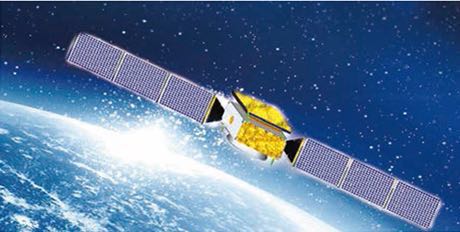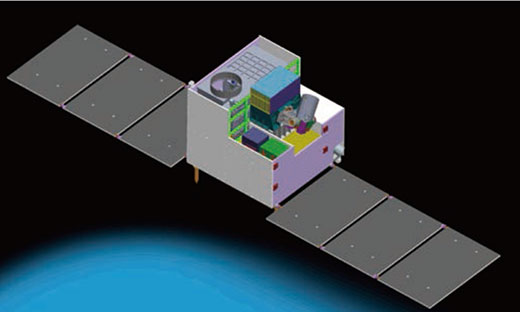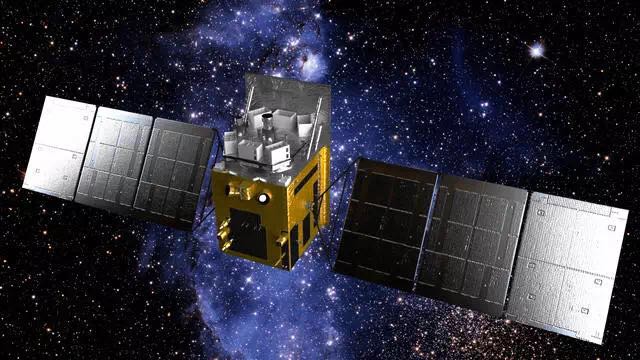

The Chinese Academy of Sciences (CAS) and the National Natural Science Foundation of China signed an agreement on a joint fund for space science and satellite research on May 23 in Beijing.
The fund aims to enhance mutual cooperation in science research and support research teams in the country in order to make original breakthroughs in the study of frontier science and other inter-disciplines. The fund will enable use of the four satellites backed by CAS, that is, the dark matter particle explorer (DAMPE), the retrievable scientific research satellite Shijian-10, the satellite for quantum experiments at space scale (QUESS) and the hard X-ray modulation telescope (HXMT).
The fund will choose subjects based on high, scientific standards that are targeted at topnotch research of international frontier science. Aiming to be a well-known and influential fund, it will focus on opening-up and sharing, attracting and cultivating talents, and boosting frontier, interdisciplinary exploratory research on the universe and nature.
CAS is planning further programs on scientific satellites that will bring more cooperation between the two agencies in jointly advancing China’s space science development.
According to the agreement, the fund will receive 80 million yuan from each of the two agencies for the first phase during 2017 and 2020. It will carry out frontier science and interdisciplinary research including dark matter particle exploration, work on microgravity and space life science, space-based quantum communication experiments, and observation of black holes, neutron stars and other phenomena.

The dark matter particle explorer (DAMPE) (Image by CAS)
The retrievable scientific research satellite Shijian-10 (Image by CAS)

The satellite for quantum experiments at space scale (QUESS) (Image by CAS)

The hard X-ray modulation telescope (HXMT) (Image by CAS)
Source: CAS